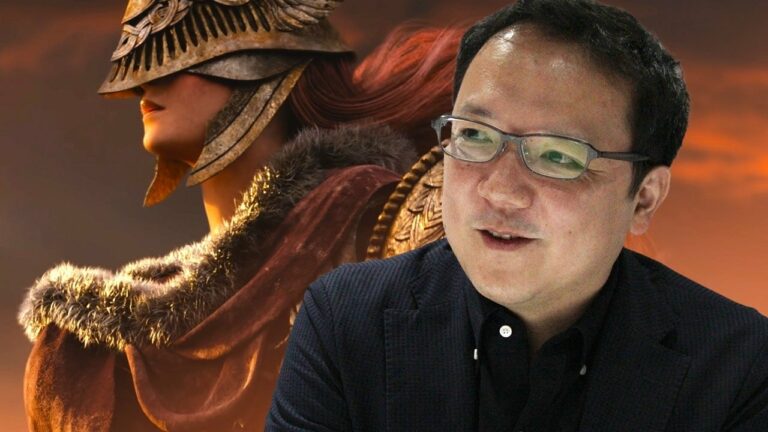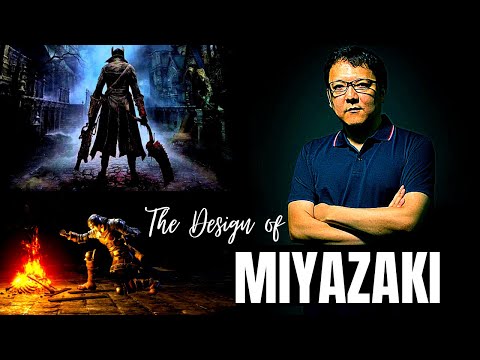In the realm of video games, few names resonate with the echo of groundbreaking innovation like Hidetaka Miyazaki. His knack for weaving dense, complex narratives that challenge players both mentally and emotionally is unrivaled.
This distinctive style first blossomed in 2009 with the release of Demon’s Souls, a game that not only tested players with its punishing difficulty but also introduced a novel approach to storytelling, where the ending chosen by the player could potentially set the stage for an entirely new universe. This game, marked as Miyazaki’s inaugural venture into the Soulsborne genre, now serves as a potential genesis for the Dark Souls trilogy.
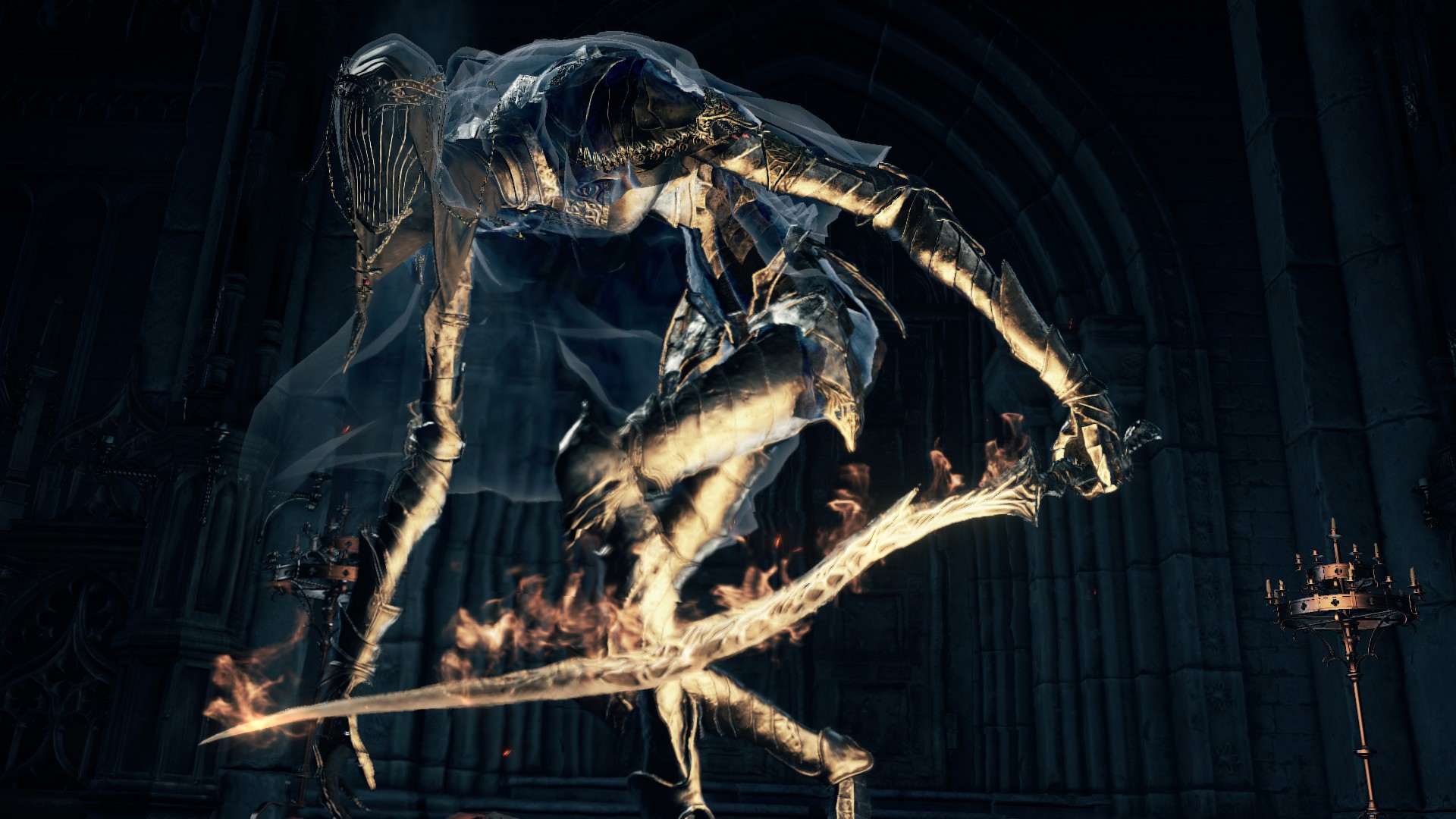
The Catalyst Ending: A Theory of Cosmic Consequence
Among the various endings offered by Demon’s Souls, there is one that particularly stands out for its sinister implications—the choice to slay the Maiden in Black.
According to a popular fan theory, this decision envelops the world in a suffocating fog, a precursor to the age of Dark Souls, where Gwynn discovers the Lord’s Souls, sparking a new era fraught with chaos and decay. This theory, debated among fans and fueled by discussions on platforms like Reddit, suggests that the two universes are more intertwined than previously believed.
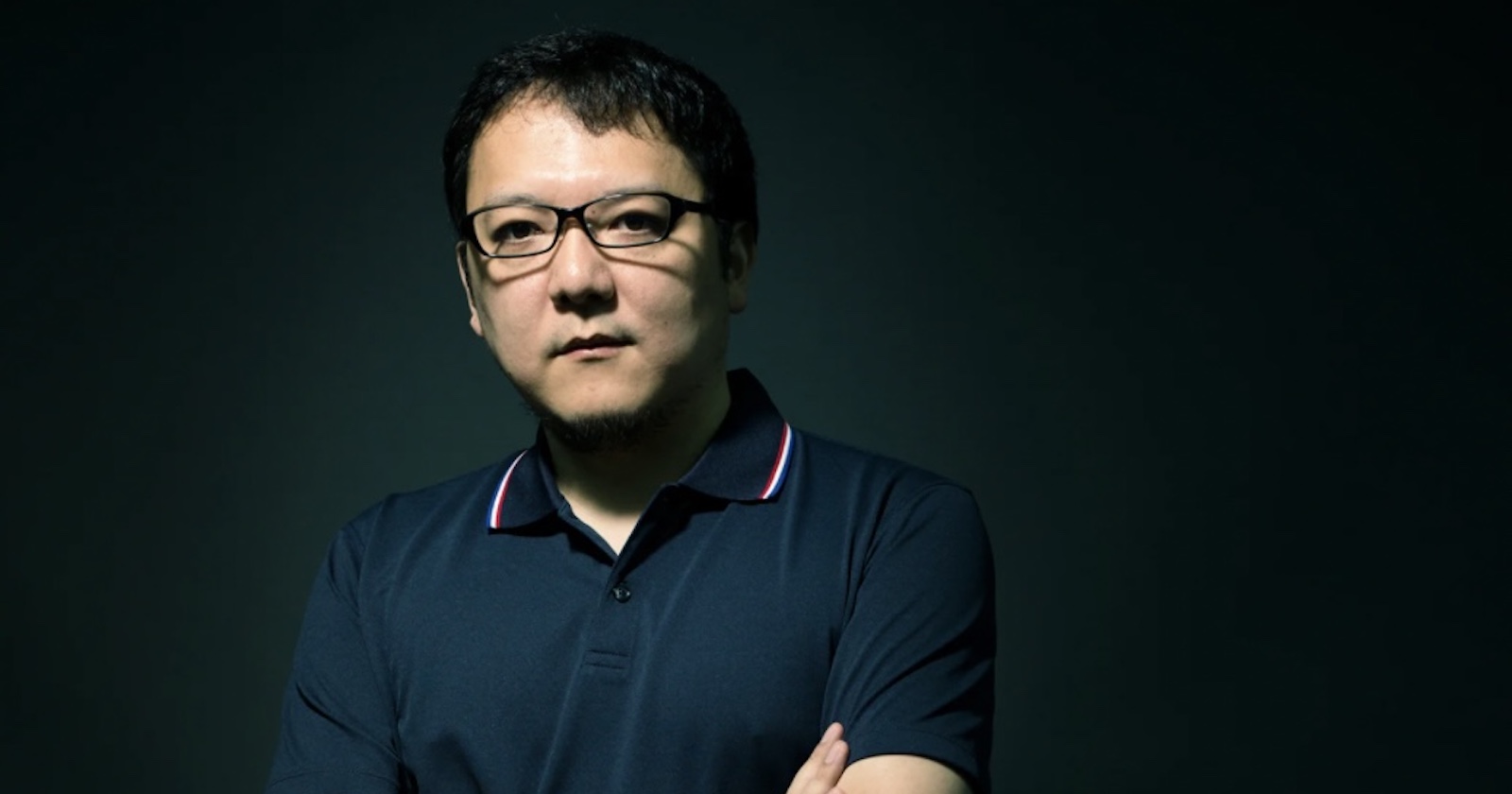
Echoes Through Time: Thematic Resonances Between Two Worlds
Miyazaki’s games are renowned for their thematic depth, exploring the inexorable decay of worlds and the relentless pursuit of power. Demon’s Souls and Dark Souls share these motifs, suggesting a narrative continuity that could have been deliberately designed by Miyazaki. The director’s penchant for linking his creations through subtle, often overlooked narrative threads could hint at a larger, interconnected universe where the consequences of one game bleed into the fabric of another.
𝕻𝖗𝖆𝖎𝖘𝖊 𝖙𝖍𝖊 𝖘𝖚𝖓 ☀️
Entering Lordran for the next hour with Dimension Door playing soundtrack cuts from Hidetaka Miyazaki's Dark Souls universe: https://t.co/OqHFPMxLMX pic.twitter.com/ChAq4lyhcB
— NTS Radio (@NTSlive) October 7, 2021
A Legacy Cemented in Gaming History
Regardless of the veracity of these connections, it is indisputable that Demon’s Souls has left an indelible mark on the gaming landscape. As Miyazaki’s first foray into the Soulsborne series, it set a new standard for what gamers expect in terms of challenge and depth in video game storytelling. It stands as a testament to Miyazaki’s revolutionary vision, one that would spawn not just Dark Souls but an entire genre that continues to captivate and challenge players around the world.
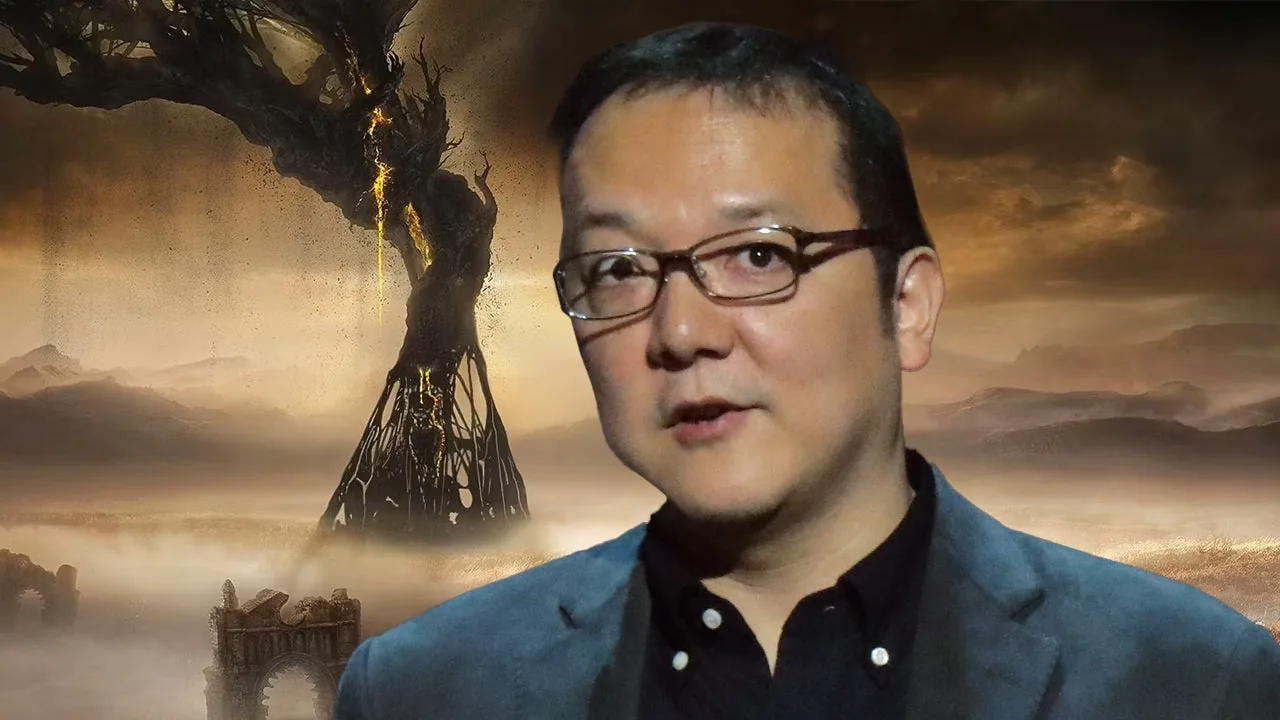
While the connection between Demon’s Souls and Dark Souls may remain speculative, the thematic parallels and narrative techniques suggest a deeper linkage, intentional or not. As fans and players continue to explore and theorize, the legacy of Hidetaka Miyazaki’s work only grows more profound, reminding us of the power of video games to tell complex, interconnected stories that span not just titles, but entire universes.
